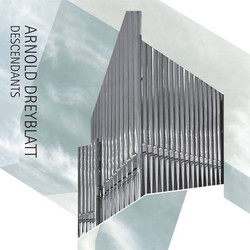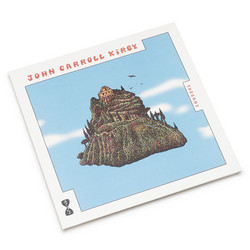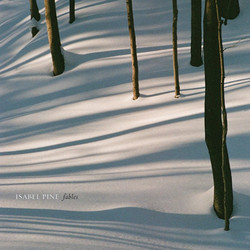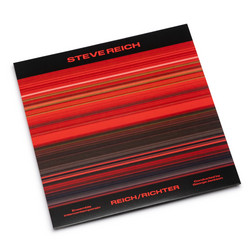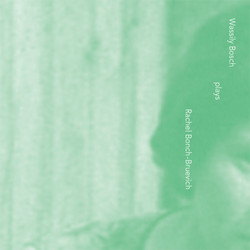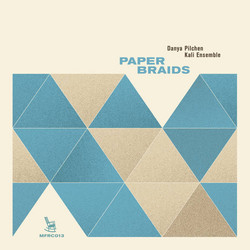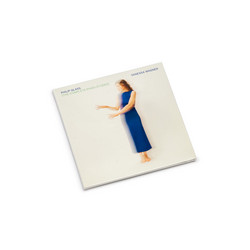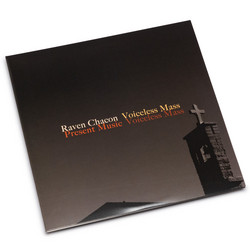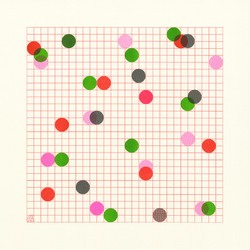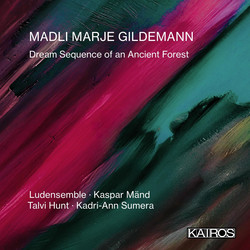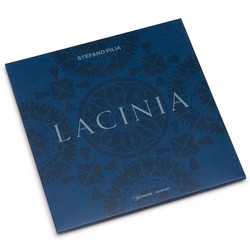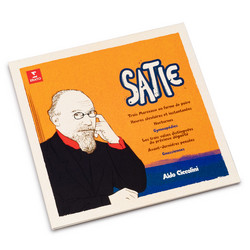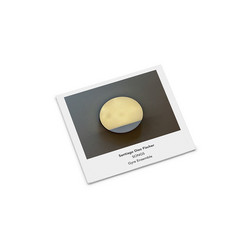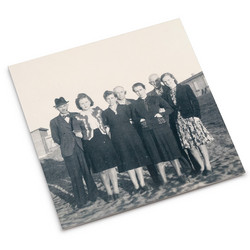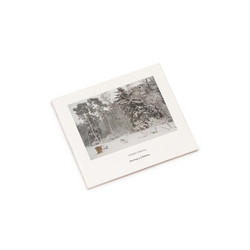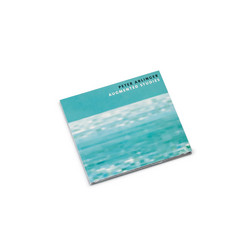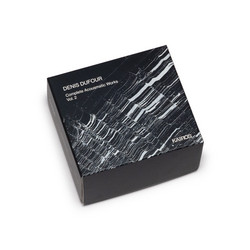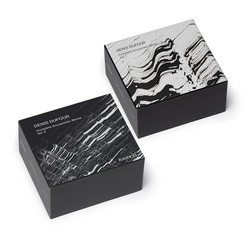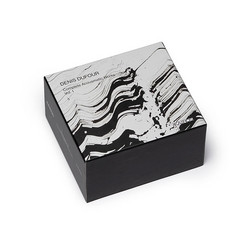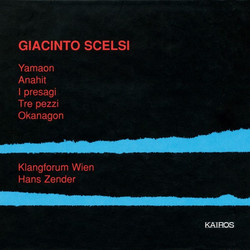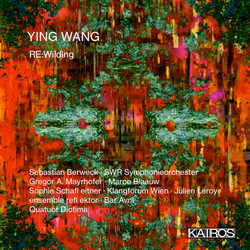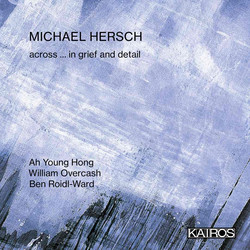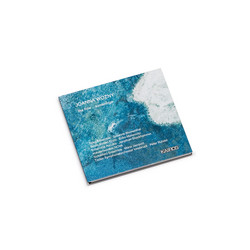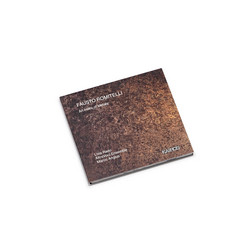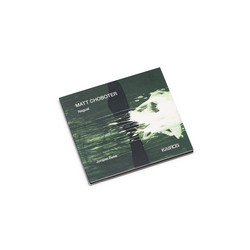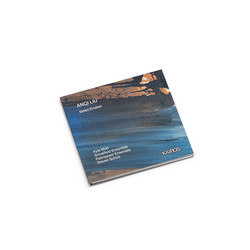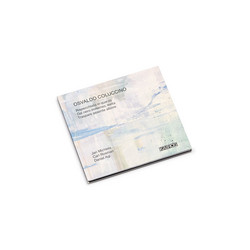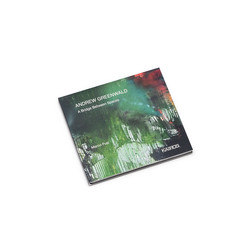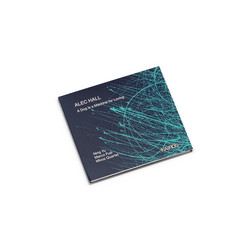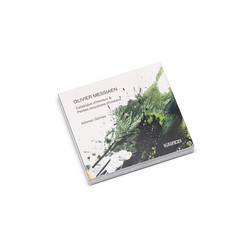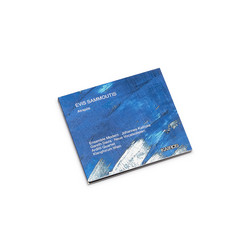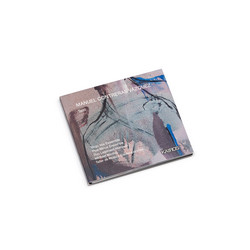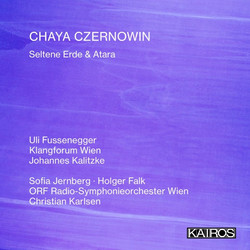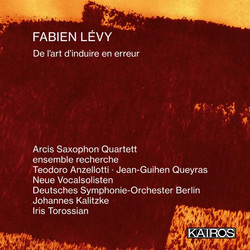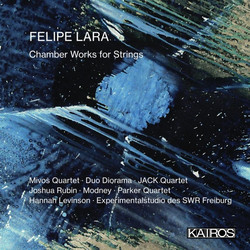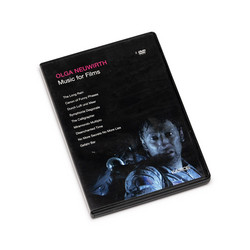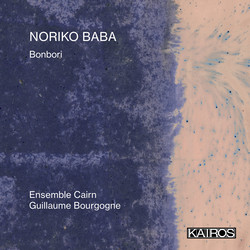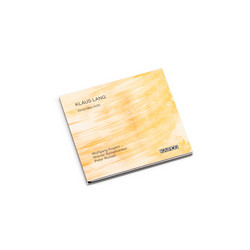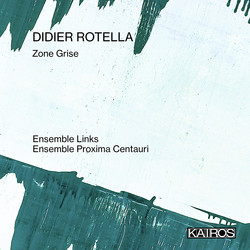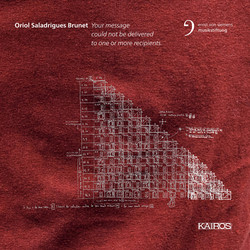** In process of stocking ** Double meanings, allusions and strange mirrors appear throughout the music of the Finnish composer Sebastian Hilli. The titles of several of his pieces take the form of puns, such as Kohta (2013) for chamber ensemble (the Finnish word ‘kohta’ means both soon, and place, section or point); Delta (2012) for string quartet and percussion (referring to the Greek letter and the river feature); and Snap Music (2017 – 18) for orchestra, winner of the 2019 Teosto Prize (the English word snap translates into almost ninety meanings in Finnish). In other works, opposites are brought together, or unlikely pairings are made. In Psycho Wood – written for Slagwerk den Haag and performed during the 2018 Gaudeamus Muziekweek, at which Hilli won the International Composers Award – simple percussion instruments constructed from forest materials are counterpointed against a sophisticated electronic soundtrack. In other pieces the juxtapositions are even more apparent, whether they are the opposition of rotating and linear gear mechanisms (Rack and Pinion, 2018, for piano), or the combination of the poetic and the rational (Butterfly Curve, 2018, for chamber ensemble).
In each of them, the bringing together of opposites creates a sort of musical wormhole from one to the other, just as the pun creates a link, through the sound of the word, between unrelated concepts. Here is where Hilli makes space for his piece. Paraphrase II – ‘Giant steps and eden acid’ (2016) for flute, clarinet, piano, violin, viola and cello belongs to an ongoing series of works that take as their source inspiration the work of another musician. Three pieces in the series have been composed to date. Paraphrase I (2015), for oboe, clarinet, piano and double bass, takes as its sources a poem, På verandan vid havet by the Swedish Romantic author Viktor Rydberg (1828 – 1895) and Sibelius’s song on the same text (op. 38, no. 2).
Using the poem’s imagery as a guide, Hilli reorders and recomposes materials from the Sibelius to create an entirely new work. Paraphrase III – ‘Soave dolore’ (2016) for wind quintet takes as its basis the text and music of Carlo Gesualdo’s madrigal O dolorosa gioia, drastically filtered until only its outline remains. Subtitled ‘Giant steps and eden acid’, Paraphrase II is the only work in the series so far not to draw on a text, and to engage with genres of music as well as single works. Its sources – as its subtitle suggests – are the harmonically adventurous bebop of John Coltrane and the ecstasy-induced stasis of acid house: if not quite opposites, these are another example of a surprising juxtaposition.
The first half of the piece concentrates on textures and sounds inspired by the free jazz of which Coltrane’s 1960 composition Giant Steps was a precursor. Jagged licks and jerkily vamping chords gradually coalesce, seeming to draw us backwards from that later avant-garde style – captured on albums like Ascension or Interstellar Space – to the early sixties hard bop of Giant Steps itself. Yet when the piano reveals at the midpoint of the work the famous ‘Coltrane changes’ – the rapid sequence of chords a major third apart that represents one of jazz’s greatest challenges – we step through the wormhole, or the mirror’s surface, into an entirely different time and place: no longer a basement jazz club but a warehouse rave.
The organic, jazz-like inflections are gradually replaced by loops and mechanical repetitions derived from acid house tracks (distorted and obscured by a variety of extended playing techniques). Two very different musical sources, but connected by a shared ecstatic energy, whether that derives from the MDMA-induced high of acid house (and the relentless, frequency-shifting babble of the TB-303 synthesizer that characterizes the genre’s sound), or the primal spirituality of Coltrane’s horn. With his fascination for linguistic constructions such as puns, homonyms and antonyms it is no surprise that poetry – as compositional material as well as inspiration – is a feature of Hilli’s music.
The string quartet Elogio de la sombra (2015) engages in the sort of inter-media translation between text and sound that is also found in Paraphrases I and III. Dedicated to Jorge Luis Borges, it offers an instrumental setting of nine of he Argentine author’s poems: Amanecer (‘Dawn’), Despedida (‘Farewell’), Los espejos (‘Mirrors’), Alguien (‘Someone’), Elogio de la sombra (‘In praise of darkness’), El oro de los tigres (‘The gold of the tigers’), Himno (‘Hymn’), La joven noche (‘The young night’) and El sueno (‘The dream’). Following the words of the poems closely, musical representations of mirrors, sleep, agitation and calm can be heard throughout, as well as the soft tread of a tiger, and the recurring song of a Rufous-bellied thrush (Turdus rufiventris), a songbird native to Argentina that is known for singing through the night until sunrise. (It makes its first appearance at the close of Amancer, putting an end to the silence of the night.) Although Hilli has arranged these poems loosely into the shape of a day, from sunrise to sleep, the emotional arc described is unexpected. Having gone blind in his later years, Borges found darkness a more natural, calmer state than light, a reversal of the usual order of things.
